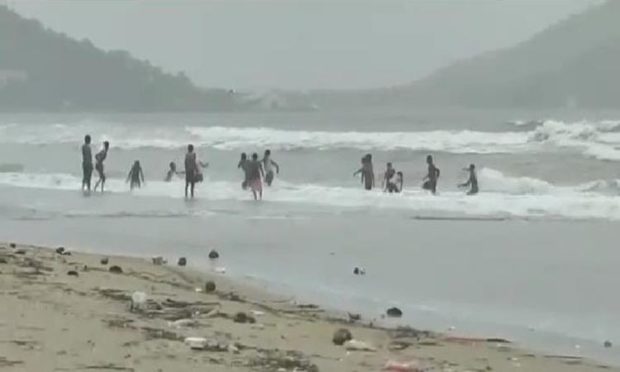Despite the massive damage to the infrastructure it left behind a devastating earthquake in southern Turkish regions on the sixth of last February, this did not prevent merchants in those areas from offering livestock for sale in preparation for Eid al-Adha in a few days, so is there anyone who buys them? What do Eid preparations look like in these affected areas?
The devastating earthquake left thousands dead and injured, and forced the residents of southern and central Turkey to move from their homes to other regions, which led to their dispersal, according to several families, some of whom spoke to Al-Arabiya.net, stressing that the preparations for Eid after the “disaster” in reference to The earthquake, completely different from before.
A young Turkish man from the countryside of Gaziantep said, “People are preparing to receive Eid and there are preparations, but it does not seem similar to what was happening last year at such times,” pointing out that “the dispersal of families as a result of the earthquake forced many families not to prepare for Eid al-Adha.” “.
He added to Al-Arabiya.net that “the demand for the purchase of sacrifices and Eid necessities such as sweets seems weak, as the movement in the markets is almost as usual as any normal day, in complete contrast to previous years, as the markets were active before the Eid.”
He continued, “Whoever prepares for Eid al-Adha is the one who was able to gather all or most of his family members,” stressing that “the poor economic conditions of the families affected by the earthquake prevented them from preparing for Eid, in addition to the presence of victims as a result of the earthquake.”
For his part, a Turkish elderly man said, “There are those who are waiting for the feast to visit the graves on the morning of the first day, and this is the case of thousands of families who did not prepare to receive the feast due to the death of a number of their members as a result of the earthquake, as the feast has become sad for them.”
With thousands of families not ready to receive the holiday, charities are trying to help these families overcome this ordeal.
Charitable societies active in southern and central Turkey began announcing the distribution of sacrificial animals in the 11 Turkish states affected by the earthquake.
And charities, including the “Ismail Agha” Association, announced the start of receiving financial donations in order to distribute sacrificial meat to the largest possible number of those affected by the earthquake.
Other civil institutions have also started distributing symbolic sums of money to some families, in addition to clothes, especially for children and the elderly who no longer have a breadwinner.
The government of Turkish President Recep Tayyip Erdogan, who won a third presidential term in late May, faces a major challenge represented in the reconstruction of the earthquake-stricken areas.
The Turkish president estimated his country’s material losses as a result of the earthquake at “about $104 billion” (97 billion euros).
It left thousands of dead and wounded in Turkey and neighboring Syria, in addition to massive damage to the infrastructure.




